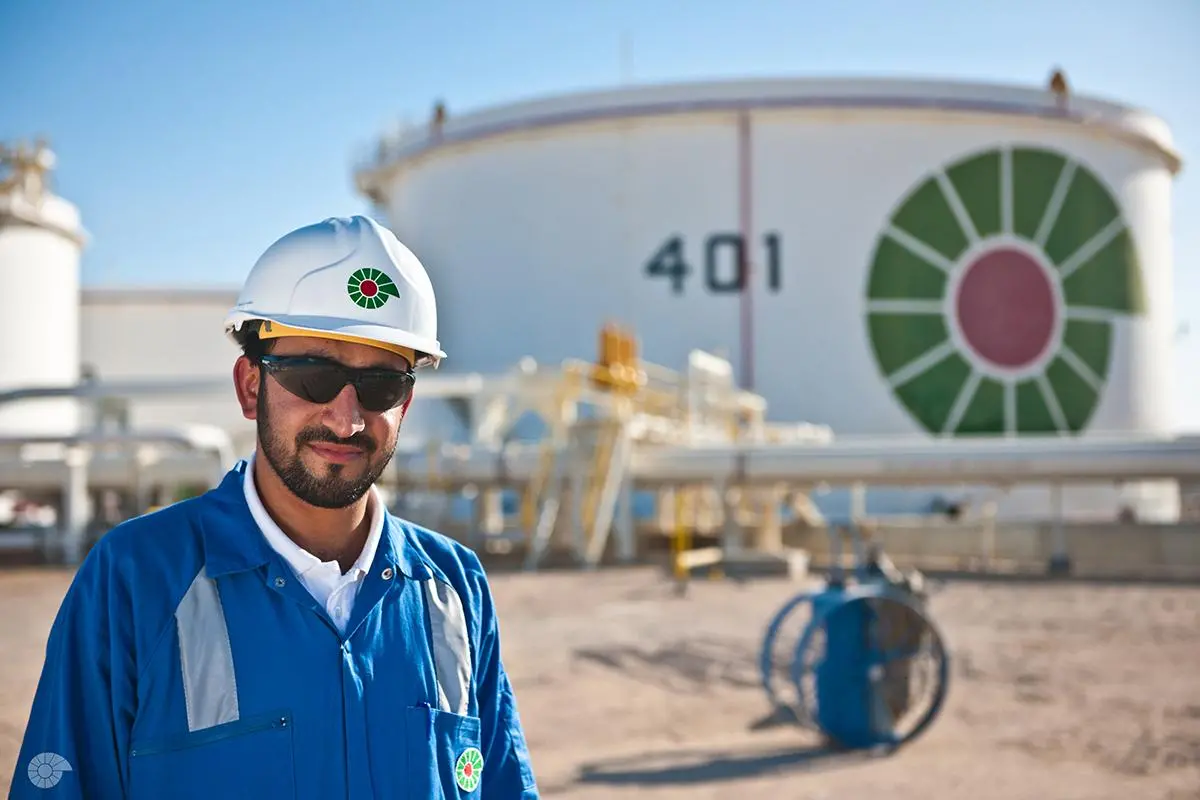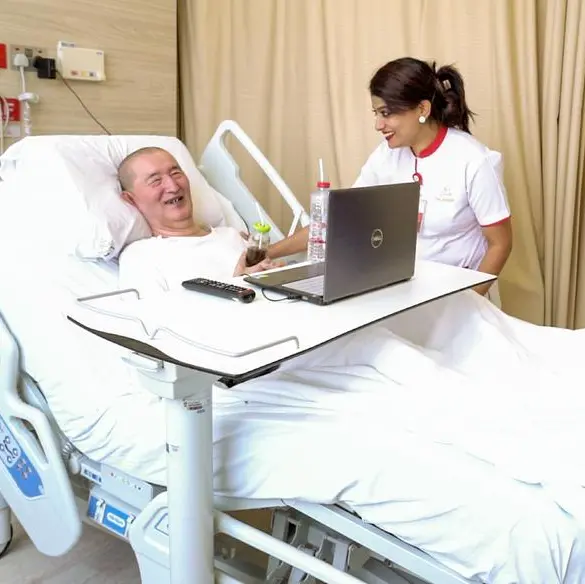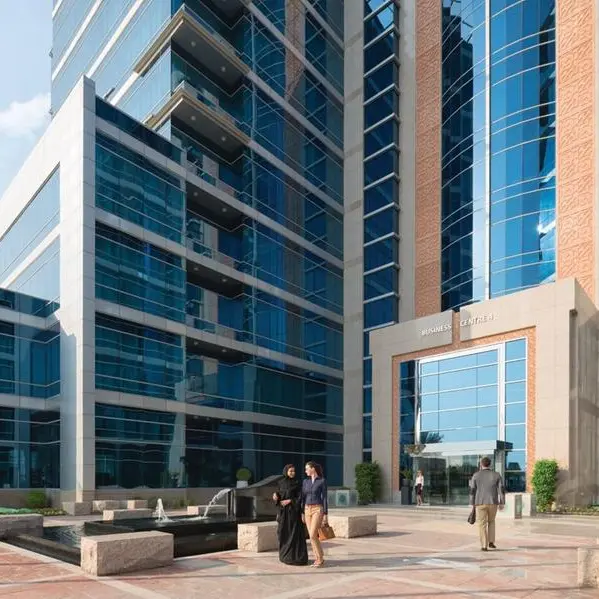PHOTO
Petroleum Development Oman (PDO), the leading oil and gas company in the Gulf, is aiming to expand business, leveraging on its 50 plus years of expertise, a top company official said.
External Affairs and Communication Manager Mohammed Al Ghareebi said the company, 60 percent owned by the Omani government, is working to commercialise its expertise in areas ranging from training and wells and reservoir management to project management and In-Country Value (ICV) accumulated over the decades.
"The idea is to take this expertise and knowledge and package that commercially for local and international markets. It is a work-in-progress now," he said.
For example, Nibras, a digital oilfield platform developed in-house by PDO, has been made available to oil and gas companies in and outside Oman through a new Omani technology company backed by Oman National Investments Development Company (TANMIA) and Innovation Development Oman (IDO Investments).
Ghareebi said PDO is also keen on joint ventures that will leverage its upstream expertise.
"Our long-term vision is to join forces with other companies to do joint projects even if it is outside our Block 6 concession," he said, while not ruling out "looking outside Oman."
PDO, he noted, has been a pioneer in applying Enhanced Oil Recovery (EOR) technology in the region with its first full-scale EOR venture launched in October 2010.
"PDO is perhaps the only company in the world that applies three main types of EOR technologies [miscible gas injection, thermal recovery and chemical], simultaneously. We can offer that experience and expertise to others," he said.
By 2025, more than 23 percent of PDO's production will come from EOR projects, according to fact sheets supplied by the company to Zawya.
Ghareebi said the company's plans, going forward, is to transform from a purely hydrocarbon company to an energy company, which entails adding renewables to its energy portfolio.
The PDO official continued: "We took baby steps with solar- powered street lights in our residential complex, solar car parks and solar-powered Remote Terminal Units (RTU) at our wells. Last year, we awarded Oman's first large-scale solar power plant at Amin. We are also looking at wind power."
In October 2018, PDO had awarded the 100-megawatt (MW) Amin solar photovoltaic Independent Power Project (IPP) to a Japanese-Omani consortium led by Marubeni Corporation. The company had said the project would supply electricity for its interior operations at one of the lowest tariffs in the world and save $17 million annually by substituting gas-based electricity with solar power.
Cost control
He pointed out that the company's new and ongoing initiatives to optimise and reduce costs has helped it cope with the prevalent low oil price environment.
"We have Cost Optimisation Reviews (COR), where we discuss with contractors the areas that could actually be optimised in terms of costs; we also try to revise standards, simplify procedures that may be outdated or overdesigned, which contributes to cost savings."
Last year, PDO held 25 CORs that identified a potential saving of $60 million over a 3 to 4-year period, according to the fact file.
The company is reaping the benefits of staff-generated ideas under its decade-old Lean Continuous Improvement programme.
"If all the ideas that have been generated got implemented - all haven't been completed [yet] - we are talking something in the magnitude of more than $400 million in savings since this started," said Ghareebi.
In 2018, the company had achieved capex savings of $107 million in oil and $54 million in gas through cost control and Lean initiatives, according to the fact file. The Lean programme itself was launched in 2009.
He didn't elaborate about 2020 capex plans other than noting that "there won't be any surprises."
In July, the company's Rabab Harweel Integrated Project (RHIP), an integrated oil and gas development, entered the start-up phase with gas production from the first sour wells.
In 2018, PDO's combined oil, gas and condensate production stood at 1.205 million barrels of oil equivalent per day.
(Reporting by Anoop Menon; Editing by Seban Scaria)
(anoop.menon@refinitiv.com)
© ZAWYA 2019





















